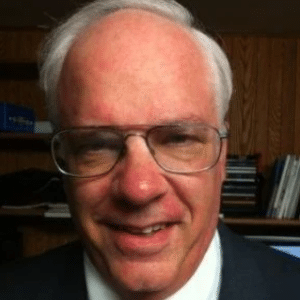The U.S. Department of Housing and Urban Development (HUD) is taking a fresh look at the nation’s reverse mortgage system. On October 2, 2025, the agency released a request for information (RFI) titled “Future of the HECM and HMBS Programs and Opportunities for Innovation in Accessing Home Equity.” The document signals HUD’s intent to explore major changes to its Home Equity Conversion Mortgage (HECM) and Ginnie Mae’s HECM Mortgage-Backed Securities (HMBS) programs.
The RFI comes at a moment of clear strain for the reverse mortgage market. HUD noted that HECM endorsements have fallen 59% since 2022, pointing to waning borrower participation. Likewise, the HMBS program, which allows lenders to pool reverse mortgages into securities, has contracted sharply, with only $6.3 billion in unpaid principal balance securitized in 2024, roughly matching levels from a decade ago.
The decline has raised concerns that both programs may no longer be meeting their original mission of expanding access to home equity for older Americans. The RFI suggests that updates are needed to restore the programs’ relevance and efficiency. HUD is now asking for public feedback on how best to modernize both systems to ensure they continue serving senior homeowners effectively.
What’s Being Examined
Specifically, the agency is seeking input on the “appropriate role” of the HECM and HMBS programs and what kinds of improvements might make them more sustainable. To guide responses, HUD outlined 21 questions that cover the following five broad themes:
- Program Performance, Market Role, and Emerging Risks
- Consumer Interest and Demand
- Origination Volumes
- Liquidity
- Program Improvements
Some questions are general, such as whether statutory changes could strengthen the programs — while others are more technical, like whether the Life Expectancy Set Aside (LESA) adequately covers a borrower’s long-term property expenses. By casting such a wide net, HUD is inviting feedback from lenders, servicers, investors, and other stakeholders who rely on the stability of these programs. The goal is to identify reforms that preserve consumer protections while ensuring long-term market liquidity.
Comments on the RFI are due by December 1, 2025, and can be submitted electronically through the Federal eRulemaking Portal or by mail to the HUD Office of General Counsel in Washington, D.C. The initiative marks one of HUD’s most significant efforts in years to reexamine how federal reverse mortgage programs operate, and how they might evolve to meet the needs of an aging population.






